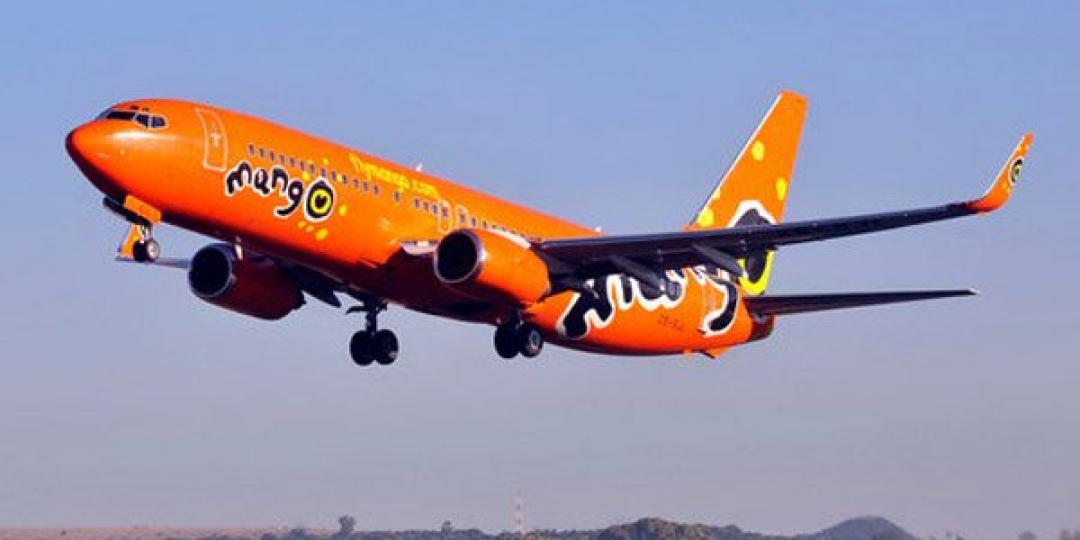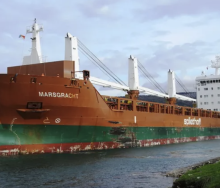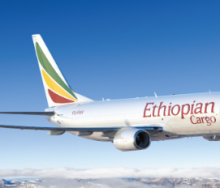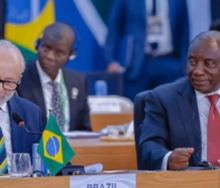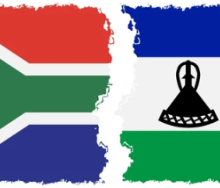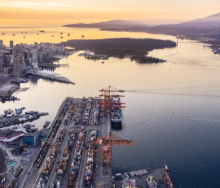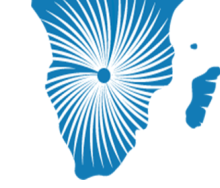Mango Airlines’ business rescue practitioner, Sipho Sono, has proposed that the airline’s operations should be resumed as soon as possible, ideally by December, to take advantage of demand in the market and, importantly, to ensure the LCC preserves its route rights and licences, which may be critical for an investor buying the business. That gives the airline 27 days to be up and running.
Other than the route rights, Mango’s only other assets, as listed by the BRP, are one spare aircraft engine, type undisclosed, value R97 million, and furniture and equipment amounting to R4.8 million.
In the event that it is not possible to resume operations, the BRP suggests it may then be prudent to concentrate on the investor process and, in that case, it contemplates a possible mothballing of operations until the investor has come on board.
The business rescue plan published on October 29 recommends that the business should be sold, and also makes it perfectly clear that SAA has said Mango will not form part of the new South African Airways group.
“Item 5.17.2 On 6 October 2021 the Practitioner received official confirmation from SAA that Mango would not form part of the SAA group in future and that no further financial support would be directed to Mango other than the funding already allocated via the Special Appropriation Act.” This is quoted verbatim from the business plan.
The BRP envisages that the potential investor would be required to acquire all the shares of the airline, implying that the DPE would not keep a stake in the airline and would cut ties with the carrier. The plan has yet to be accepted by all parties.
The BRP has said that the entire plan has been created on the assumption that the remaining R719m of the original R819m (which was channelled from SAA’s business rescue funding to Mango through a Special Appropriations Bill mid-2021), will be received from government “immediately upon adoption of the BR Plan”.
Resumption of flights
The plan, seen by Travel News, revealed that Mango would like to resume operations with three aircraft (it is negotiating six-month leases for the aircraft) and an additional aircraft, subject to a wet-lease arrangement, based on availability of suitable aircraft in the short-term, and financial resources available to Mango for repair and maintenance of the aircraft. “As already indicated, the BR practitioner is facilitating the conclusion of appropriate short-term agreements with lessors and maintenance providers,” it says.
The document says the airline is in possession of several route rights and would like to fly the routes as soon as possible in order to preserve and develop the routes. “This will require Mango to procure additional aircraft, which is hoped to be done shortly after the conclusion of a transaction with an investor.”
Once the plan is approved by all concerned parties, interested investors would be requested to submit an indicative offer in the first phase, and a binding offer in the second phase. A shortlist of preferred bidders would later be generated.
Factors such as the purchase price, timing, proof of funding, operational ability to implement, stakeholder approval, support from management, impact on staff, BEE requirements and other relevant features, would all be taken into account.
Once binding offers were in place, BR practitioners could meet with representatives from the shareholder and management.
In the event that no investor was secured and Mango could not continue operating, a structured wind-down should take place, including the sale of company assets. Employee contracts would also be terminated, according to the document. The plan would be to use proceeds from the sale of company assets to settle claims of creditors – the assets being the one aircraft engine: value R97 million, and the furniture and equipment: value R4.8 million.
Unflown tickets
According to the BR plan, unflown ticket liability at the start of the business rescue process amounted to R183 million. The plan’s recommendation was that unflown ticket holders be awarded vouchers to enable them to fly for the same value. Vouchers would be valid for 12 months from April 2, 2022 to March 31, 2023.
“Customers who have pre-existing vouchers that they have not been able to redeem and that expire ahead of April 1, 2022, will be issued new vouchers valid for the full 12-month period. The voucher redemption is subject to any differences in rates, fares and taxes. Customers who do not wish to be issued a voucher may become creditors… and will be treated as such.” BR practitioners estimate that creditors will receive approximately five cents in the rand, which would be paid at the conclusion of the process, after an investor is found.
They also assume that if an investor is found, most of the business’s employees will retain their employment.
The DPE did not immediately respond to requests for comment. Nor could SAA comment due to the business rescue of Mango, its subsidiary, still being under way. The SAA group said internal consultations would take place.
A competitor’s view
Kirby Gordon, chief marketing officer of FlySafair, surmised: “In broad strokes, a low-cost carrier that is well run can survive in the market. Mango did, in its heyday, hold a significant market share, so there would be every opportunity. However, without having engaged the business rescue plan, I am not sure what assets there would be left to buy.”
Gordon said market conditions had changed significantly during the pandemic, and he was grateful that 43-45% of current domestic seat capacity was held by FlySafair.
- Travel News
